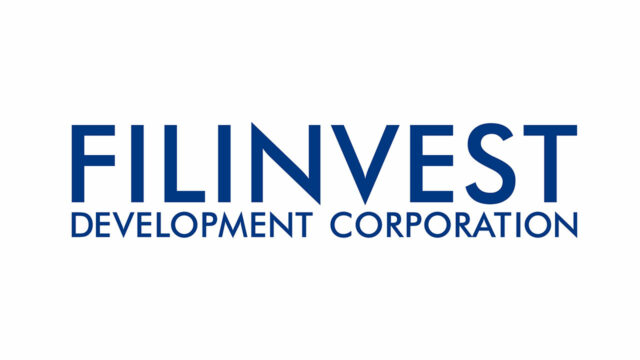Philippines eyeing use of digital currency in sovereign bond sales
THE PHILIPPINES’ Bureau of the Treasury is looking to team up with the central bank to expand the use of digital currency to the sale of government securities as it explores the merits of blockchain technology.
The Southeast Asian nation raised P15 billion ($271 million) on Monday through its first-ever tokenized Treasury bonds, tapping the blockchain-based Distributed Ledger Technology (DLT) Registry.
“We’re testing the capability of the DLT,” Deputy Treasurer Erwin Sta. Ana said in a phone interview late on Monday. “We are looking to collaborate with the Bangko Sentral in their central bank digital coin program. There’s room for integration between our DLT Registry and the BSP’s CBDC,” he said.
The Bangko Sentral ng Pilipinas has been experimenting with the use of central bank digital currency, or CBDC, for large-value financial transactions as it explores the technology’s benefits, risks and policy implications.
As it stands, the DLT registry, which points to the location where the securities are registered, addresses just half of the bond sale process.
The National Registry of Scripless Securities, or NRoSS, allows participants to monitor the cash leg of securities transactions settled on the Philippine Payment and Settlement System, or PhilPaSS. “It’s just the security leg for now. The cash component is still in the traditional NRoSS-PhilPaSS cash settlement,” the Treasury official said.
Tokenization remains a developing sector but is drawing the interest of a growing number of governments and companies. In February, Hong Kong sold HK$800 million ($103 million) of inaugural digital green bonds using Goldman Sachs’ GS DAP platform, touting the step as the first tokenized green bond issued by a government globally.
Citigroup estimates the tokenization market could swell to $5 trillion by 2030, spanning assets like bonds, property and private equity as it makes illiquid assets easier to trade, deepening the pool of buyers and improving price discovery.
Future sales of Philippine tokenized Treasury bonds may involve longer tenors, Mr. Sta. Ana said. “When you start introducing securities you go for the shorter end. As the market matures and as the technology matures, then we can explore the belly of the curve and then later on quite longer tenors.”
Monday’s one-year tokenized Treasury bond deal could also encourage more companies to follow suit. Last year, Union Bank of the Philippines sold digital bonds and listed them on the nation’s bond exchange.
Manila is also looking to widen the sale of tokenized bonds to include retail investors. “We are just starting and we will look to further take this on the retail side and that’s where we will see most of the impact of those reforms,” Mr. Sta. Ana said. — Bloomberg








![4-close-up-diverse-startup-company-colleagues-meeting-professional-workplace-[DC-studio-freepik]](https://www.bworldonline.com/wp-content/uploads/2023/10/4-close-up-diverse-startup-company-colleagues-meeting-professional-workplace-DC-studio-freepik-640x427.jpg)



